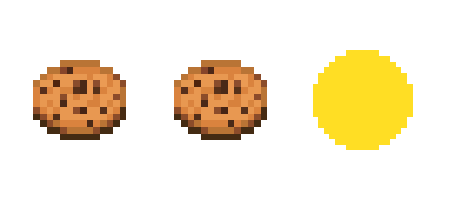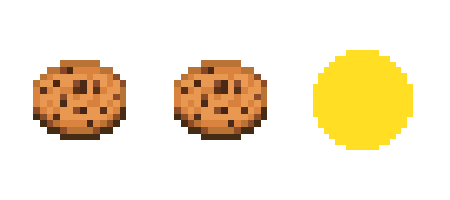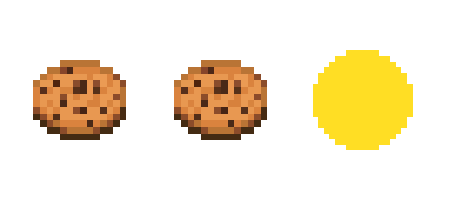Key gaming terms
21.01.2025
You’re running a business, growing, following trends closely, and everything is running smoothly. But here’s what you might be missing: if you’re not paying attention to games and the culture growing around them, you’re missing out on a lot of opportunities. We’re not just talking about kids with consoles anymore. Gaming is now a major factor in how people communicate, consume media and connect with brands. And if your company wants to stay relevant, you need to understand how gaming is changing the dialogue.
FSP, ROI, RPG?
Gaming has grown into something far beyond an average weekend hobby. We’re talking about a billion-dollar industry, bigger than movies and music combined. And with that growth, gaming jargon has also entered everyday language. Terms like “FPS,” “RPG” and “Esports” are becoming as common as phrases like “ROI” and “growth hacking.” So if your company wants to connect with gamers, or even just survive in an increasingly digital world, you need to speak the language.
Let us guide you through a few key terms so you don’t come across as a noob. We’ll also explain what that means (wink). Take FPS (First-Person Shooter), for example. It’s not just a game genre; it’s an entry point for brands that want to target high-energy, fast-paced entertainment. Think in-game ads, sponsorships or even integrating your product into these experiences. The same goes for RPGs (Role-Playing Games), which are all about immersive storytelling.
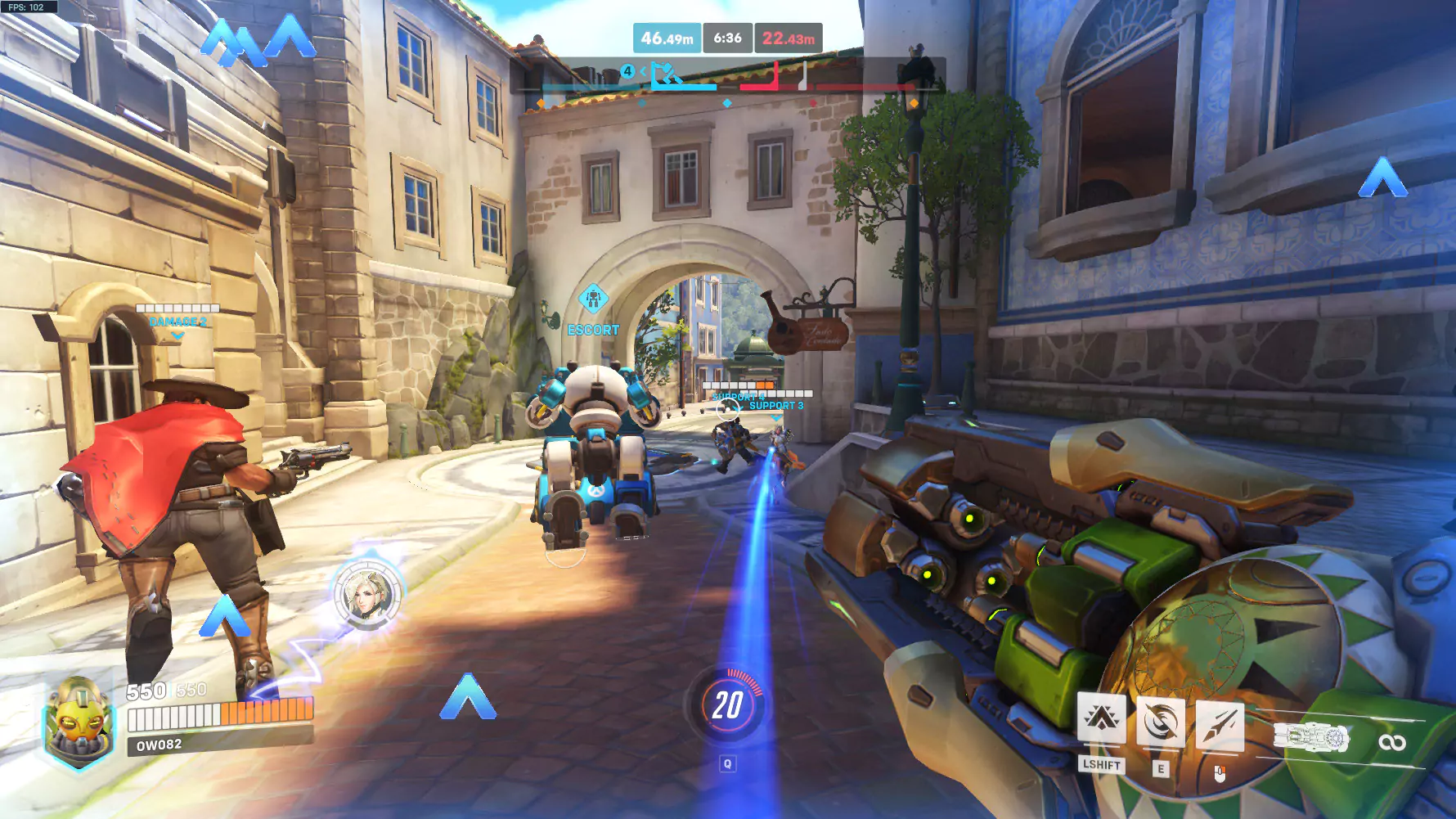
Brands can learn a lot from how these games build an emotional connection with their audience, connections that translate into long-term loyalty. Now let’s talk about MMOs (Massively Multiplayer Online Games). This is where millions of players hang out, interact and spend money. It’s like the Wild West for business opportunities. Virtual events, product placements and in-game branding are just the tip of the iceberg. You don’t just promote a product, you become part of a community that is constantly online.
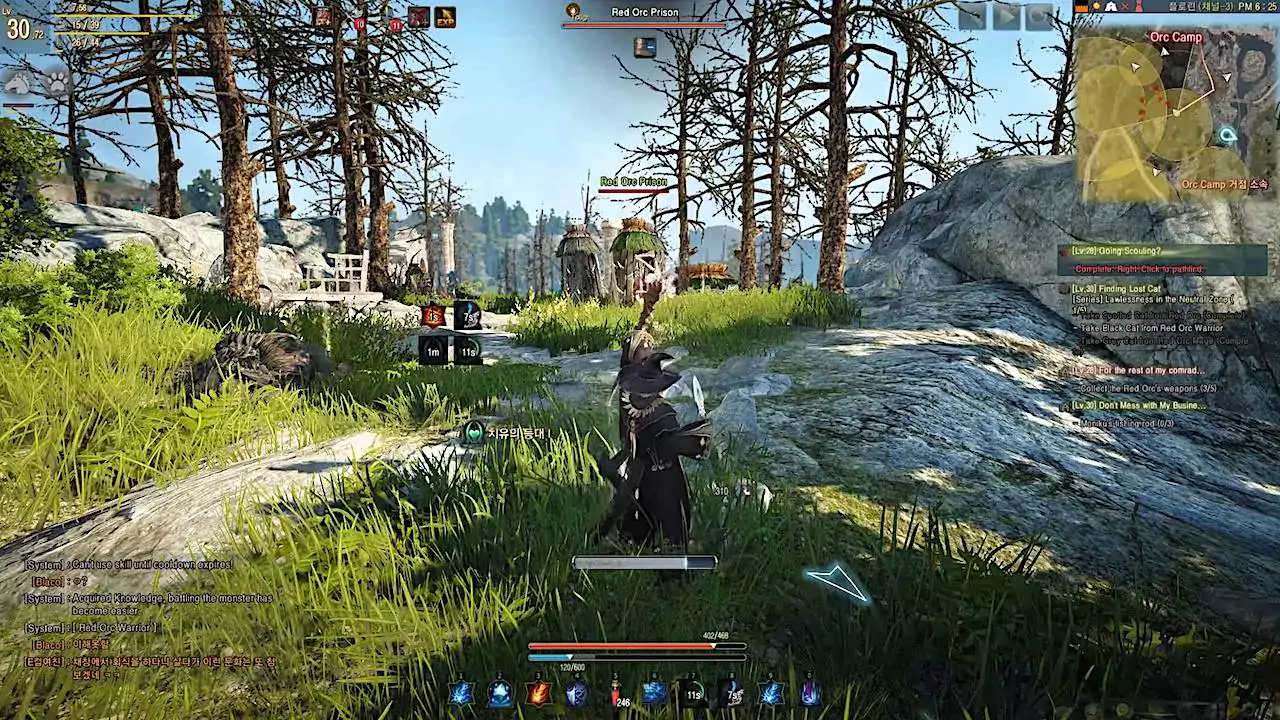
And let’s not forget microtransactions. Those small in-game purchases that may seem insignificant? They have completely changed the revenue model of the game industry. People are spending real money on virtual goods and brands are following suit. Can your business also benefit from this model? Maybe not with virtual swords, but the concept of micropayments or premium add-ons could have huge potential in other industries.
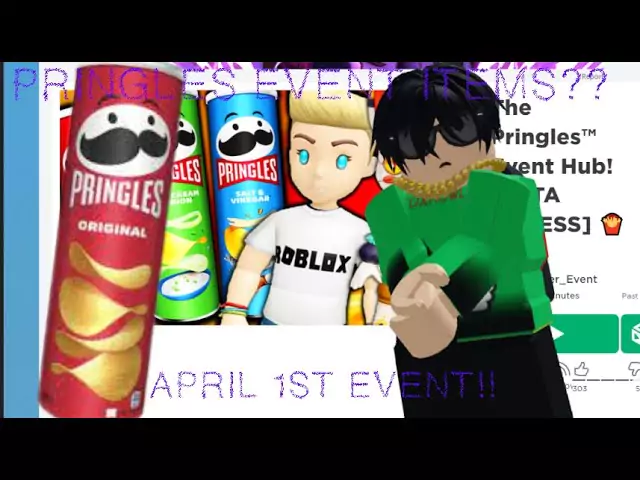
Esports
Now let’s look at esports, or the professional side of gaming. This is where things get really exciting. Competitive gaming has exploded, with stadiums full of fans, millions of people watching online and prize pools that can rival traditional sports. Brands have begun sponsoring esports teams, events and streamers. The audience is young, loyal and willing to spend money. So if your brand isn’t thinking about how to tap into this market, you’re missing out on some serious potential.
Okay, “now let’s switch gears and talk slang. Ever hear someone say “noob”? Yes, that’s gamer slang for a newbie, someone inexperienced or bad at a game. Or how about “GG?” That stands for “Good game” and is a sign of respect after a game - even if you’ve just been beaten. These terms have permeated everyday life, especially online. And if your business is trying to stay hip with the digital masses, understanding these slang terms can be a solid incentive!
Gaming lingo dictionary
So now the long-awaited part; the gaming lingo dictionary:
AFK (Away From Keyboard)
(adjective/abbreviation)
A term used to indicate that a player is temporarily unavailable or not actively participating in the game. Example: “I need to go AFK for a while; can someone cover me?”.
Aggro
(noun)
The attention or hostility of an enemy NPC (non-player character) or boss in a game, usually directed at a specific player or team. Example: “Tank, grab aggro before the DPS takes too much damage!”
AOE (Area Of Effect)
(noun)
A type of attack or skill that affects multiple targets within a specific area. Example: “Use your AOE to take out the crowd of enemies.”
Boosted
(adjective)
Refers to a player who has received help or benefits, often from higher-ranking players, to quickly improve their rank or stats. Example: “He received a boost to Diamond rank, but is struggling to maintain it.”. Often used as a derogatory term.
Bot
(noun)
A computer-controlled character in a game. A derogatory term for a player who acts as if he has no skill or awareness. Example: “That player just stands there like a bot.”
Buff
(noun/verb)
An enhancement or positive effect applied to a character, increasing their stats, skills or performance. Example: “We need a damage buff to take this boss down quickly.”
Camp
(verb)
To stay in one place in a game (often a hidden location) to ambush other players. Example: “That sniper has been camping at the top of the hill all game.”
Cooldown
(noun)
The time a player must wait after using a skill or item before they can use it again. Example: “My healing skill is on cooldown, so stay safe for a few seconds.”
DPS (Damage Per Second)
(noun)
A measurement of how much damage a character or skill does over time. Also refers to characters whose primary role is to deal damage. Example: “We need more DPS to take down the boss faster.”
ELO
(noun)
A rating system used in competitive games to determine the skill level of players. It originated in chess, but is now commonly used in multiplayer games. Example: “My ELO dropped after I lost several games in a row.”
EXP / XP (Experience Points)
(noun)
Points earned by completing tasks or defeating enemies in a game that allow a player’s character to level up and gain new skills. Example: “We need more EXP to reach the next level.” A video game genre in which players experience the action through the eyes of the character they control, usually involving shooting and combat. Example: “I like to play FPS games like Call of Duty and Halo.”
GG (Good Game)
(interjection)
A phrase used to show sportsmanship after a game, won or lost. Often typed in chat at the end of a game. Example: “GG, that was close!”.
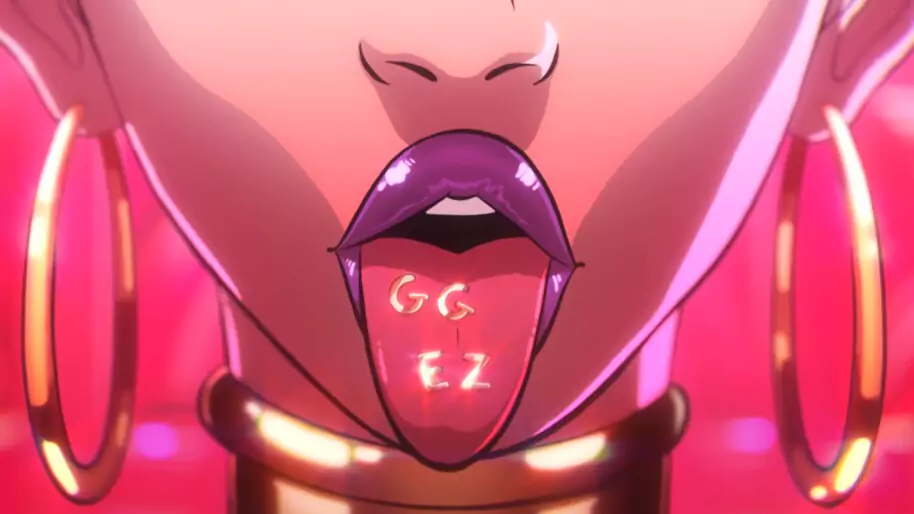
Griefing
(verb)
Intentionally causing trouble or annoyance to other players in a game, often by sabotaging their efforts. Example: “That player keeps griefing by destroying our team’s equipment.”
Guild
(noun)
An organized group of players who work together in multiplayer games. Also known as clans in some games. Example: “My guild is planning a raid tomorrow night.”
HUD (Heads-Up Display)
(noun)
The visual interface in a game that displays important information, such as health, ammunition, and objectives. Example: “My HUD shows that my health potions are running low.”
Lag
(noun)
A delay between a player’s input and the game’s response, often caused by a slow Internet connection. Example: “I lost the battle due to lag; my character was unresponsive.”
Loot
(noun/verb)
Objects or rewards you get after defeating enemies, completing quests or exploring areas in a game. Example: “We found epic loot in that dungeon.”
Meta
(noun)
The most effective strategies, characters or builds that dominate the current state of the game, often in competitive play. Example: “This hero is considered top-tier in the current meta.”
Nerf
(verb)
To reduce the power or effectiveness of a character, skill or item in a game, usually in response to balance problems. Example: “That weapon was nerfed in the latest patch.”
Noob/Newbie
(noun)
A new or inexperienced player in a game. Can be used playfully or insultingly, depending on the context. Example: “Don’t be so hard on him, he’s just a noob.”
OP (Overpowered)
(Adjective)
Describes a character, weapon or skill that is too strong compared to others, often leading to imbalance. Example: “That champion is OP right now and should be nerfed.”
PvE (Player vs. Environment)
(noun)
A form of gameplay in which players fight computer-controlled enemies or complete missions against the game environment. Example: “I like more PvE content like raids and dungeons.”
PvP (Player vs. Player)
(noun)
A form of gameplay in which players compete directly against each other instead of fighting computer-controlled enemies. Example: “I prefer PvP modes such as deathmatch or battle royale.”
Ragequit
(verb)
To leave a game abruptly out of frustration or anger, usually after a loss or defeat. Example: “He ragequit after losing that game.”
Respawn
(verb)
The act by which a character or player is revived or reappears in the game after being killed. Example: “I respawn in 10 seconds, wait for me before you attack.”
Smurf
(noun)
An experienced player who uses a new or low account to play against less skilled opponents. Example: “That player is too good to be new, it’s probably a smurf.”
Tank
(noun)
A character class in games that can absorb a lot of damage and protect other team members by fending off enemy attacks. Example: “Our tank must draw aggro to keep enemies off the DPS.”
The future of marketing? It’s interactive, it’s immersive and it’s a lot like playing a game. All you have to do is press start.
Sources:
The Business of Esports - A comprehensive resource on the esports industry and its impact on brands.
Game Marketing: How to Tap Into Gaming Culture - Forbes article discussing marketing strategies within the gaming space.
Understanding Microtransactions: What Businesses Need to Know - IGN’s breakdown of microtransactions and their business implications.
The Rise of Gaming Influencers - Insights on how gaming influencers shape marketing strategies.
Why Your Brand Should Care About Gaming - Forbes article on the relevance of gaming to brands.
Loot Boxes and Their Impact on Consumer Behavior - Research on loot boxes and their influence on spending habits.
The Impact of Twitch on Marketing - Marketing Dive’s analysis of Twitch’s role in influencer marketing.
